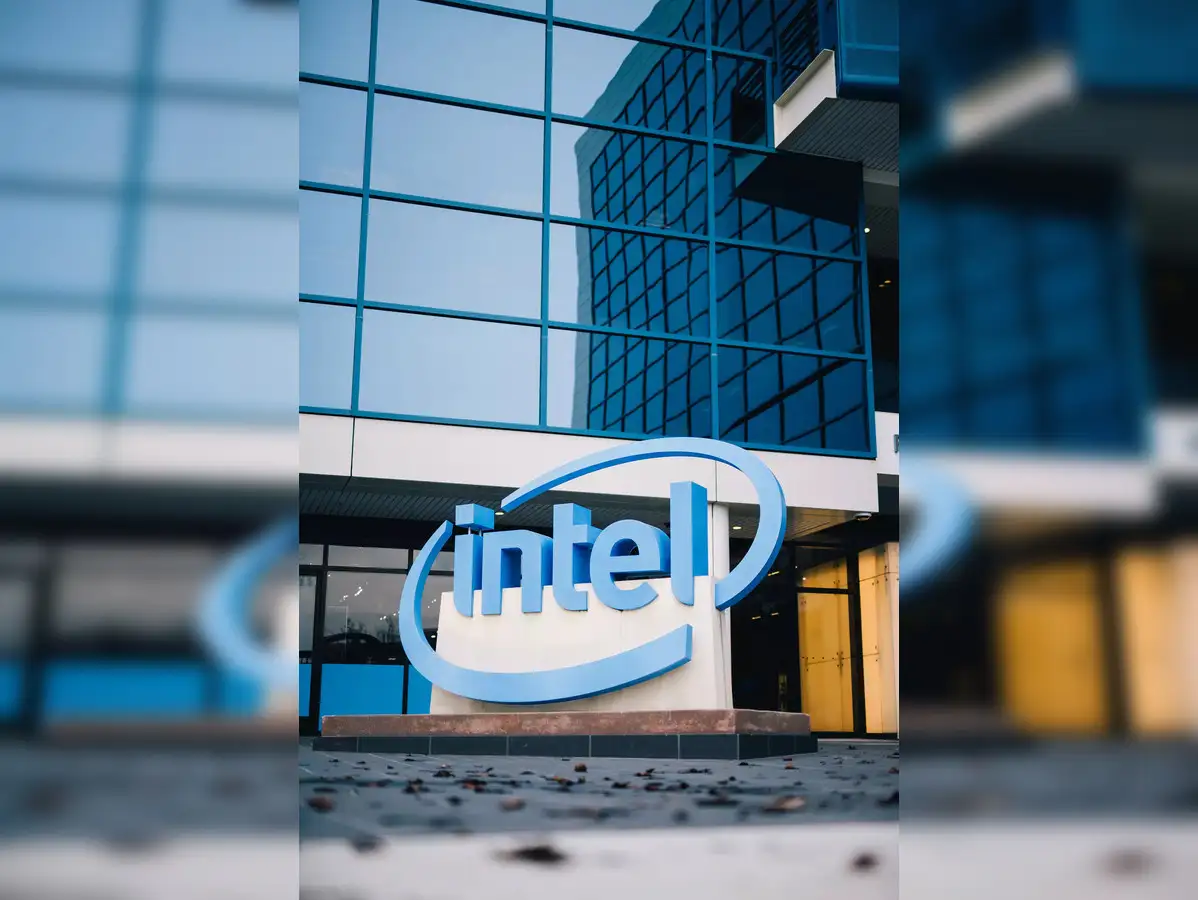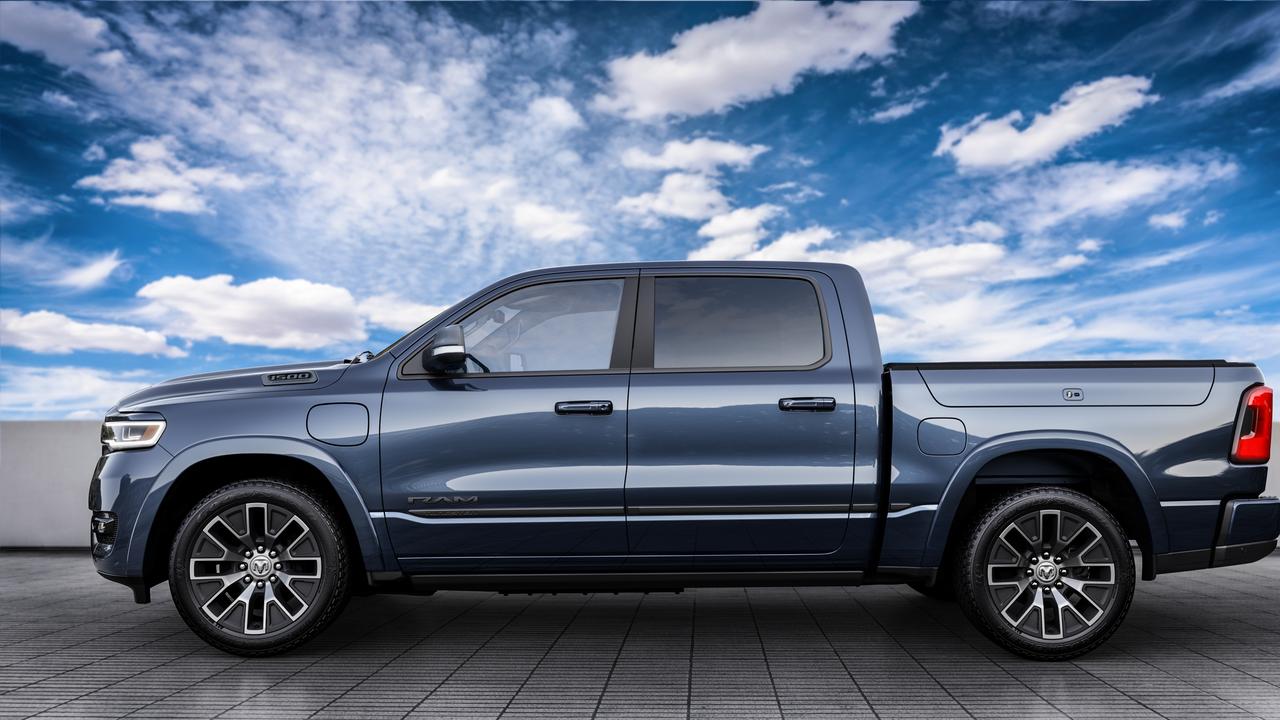
Intel, the embattled chipmaker, has talked with Apple about investing in its business as it tries to improve its financial standing. The companies have talked several times, both before and after the U.S. government invested $8.9 billion in Intel last month, said two people familiar with the talks, who were not authorized to speak about confidential discussions. It is unclear whether Apple would make an investment. The conversations are part of a furious effort by Intel to raise cash and find customers for its ailing business. Last week, Intel secured a $5 billion investment from Nvidia and a commitment that the artificial intelligence chipmaker would partner to develop a new semiconductor for AI systems. Weeks earlier, it received a $2 billion investment from SoftBank, which is the majority owner of Arm, a British chip design company. When the Trump administration took a stake in Intel, it was perhaps the most notable government intervention in a U.S. company since 2008. That year, the government poured billions of dollars into the auto industry to prevent its collapse during the financial crisis. Intel’s shares closed at $31.22 on Wednesday, up 52% from the price that the government paid for the company’s shares Aug. 22. They were up 6% for the day on news of the talks with Apple, which were earlier reported by Bloomberg. Intel declined to comment. Apple didn’t respond to requests to comment. Founded in 1968 in Silicon Valley, Intel was an industry pioneer, but it has missed several waves of innovation, including the rise of smartphones and AI. Its effort to catch up with rivals in chip manufacturing has faltered in recent years as the tech industry shifts to AI, where Intel has been slow to develop a competitive product. Commerce Secretary Howard Lutnick has tried to help Intel, which is the last remaining U.S. manufacturer of leading-edge chips. In January, before he took office, he spoke with Taiwan Semiconductor Manufacturing Co., the world’s largest chip manufacturer, about taking over operations of Intel’s manufacturing business, which would be spun off into a separate company, two people familiar with the conversations have said. The idea at the time was to have Apple, Nvidia and other tech companies invest and take stakes in that business. Intel has struggled to compete with TSMC in producing the latest chips. Apple, which works with TSMC, has been unwilling to shift production to Intel because its technology has lagged behind, these people said.



